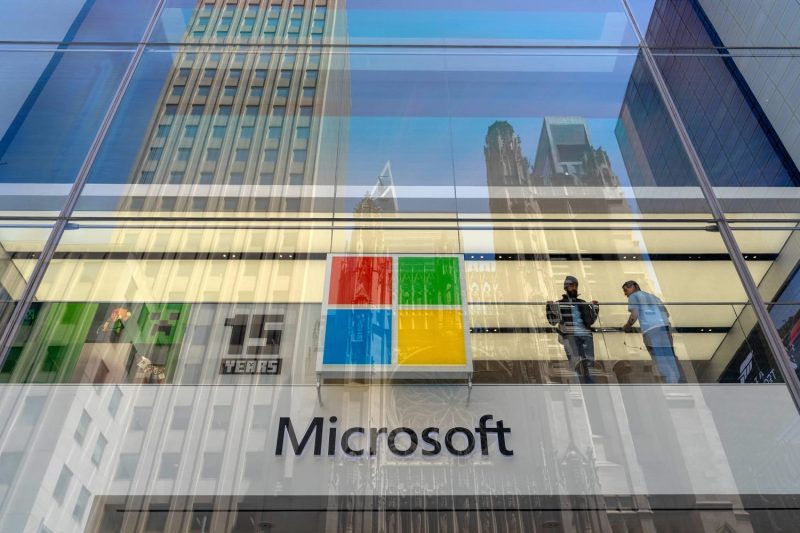As one of the principal overseers of performing business practices, the Federal Trade Commission (FTC) has initiated a broad antitrust investigation into the global technology powerhouse, Microsoft. This unforeseen move by the FTC has stirred talks across various sectors, given Microsoft’s dominant position in the market. This article aims to explore the context, potential reason and implications of this investigation.
The FTC’s investigation concerns allegations of potentially anti-competitive practices, essentially focusing on whether Microsoft has unfairly hampered competition in the tech market. The primary concern, it appears, centres around Microsoft’s hold on computer operating software, cloud computing, and internet browser markets.
Microsoft’s market dominance in operating systems, for example, is indisputable, with a significant majority of all personal computers worldwide running on its Windows operating system. This dominance could potentially stifle competition and innovation in the sector as other emerging operating software might find it challenging to compete, especially given the networks effects associated with operating in such markets.
Moreover, Microsoft’s control over cloud computing and internet browser markets are worth examining. Its cloud computing service, Azure, is among the top services worldwide, behind Amazon’s AWS. In addition, their Internet Explorer and Microsoft Edge hold a considerable share in the internet browser market. The FTC is keen to scrutinise whether Microsoft has been using this dominance to potentially engage in anti-competitive practices, such as forcing their own browser on Windows users.
Another area under the scanner is the manner in which Microsoft has acquired various smaller companies over the years. Some critics argue that this practice may limit market competition and stifle innovation from smaller technology firms. The FTC aims to determine if these acquisitions were designed to eliminate potential competition before it could threaten Microsoft’s position in the market.
What’s unique about this investigation is its broad spectrum. It’s not restricted to just one product or service. Instead, the FTC seems intent on examining every facet of Microsoft’s operations, with an intention to maintain a neutral playing field within the tech industry.
However, it’s important to highlight that an antitrust investigation doesn’t confirm any wrongdoing. Instead, it’s a procedure to ensure that large corporations adhere to antitrust laws that promote competition. As such, it’s another way to push for more transparency and corporate responsibility.
The implications of this investigation could have far-reaching consequences. If the FTC finds evidence of anti-competitive conduct, Microsoft may face hefty fines and could even be mandated to amend its business practices. Aside from the direct implications for Microsoft, this move






























